Women and peace and security: Report of the Secretary-General

[gview file=”http://afakneswiah.org/wp-content/uploads/2020/11/Women-Peace-Security-UN-S-G-Report-2020.pdf”]
UNSCR 1325 AT 20 YEARS: Perspectives from Feminist Peace Activists and Civil Society

This report assesses the gaps in implementing Resolution 1325 through the perspective of feminist activists, peacebuilders, and civil society. The first section elaborates on the challenges to WPS implementation, identified across the consultations by WPS practitioners and peacebuilders. The following section offers key recommendations to these challenges and highlights entryways to reclaim the transformative potential […]
Interlinkages between Trafficking in Persons and Marriage
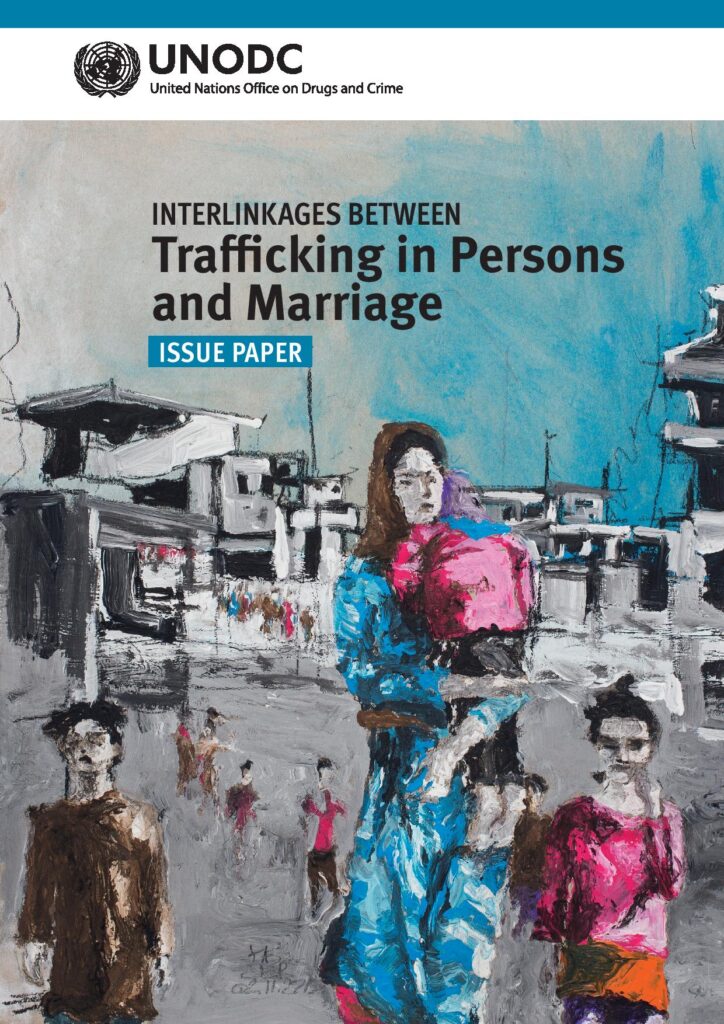
The present issue paper explores the extent and circumstances under which different forms of marriage may fall within the scope of the Protocol to Prevent, Suppress and Punish Trafficking in Persons, Especially Women and Children, supplementing the United Nations Convention against Transnational Organized Crime. It combines research methodology and legal analysis to arrive at policy […]
A feminist cartographer`s toolkit
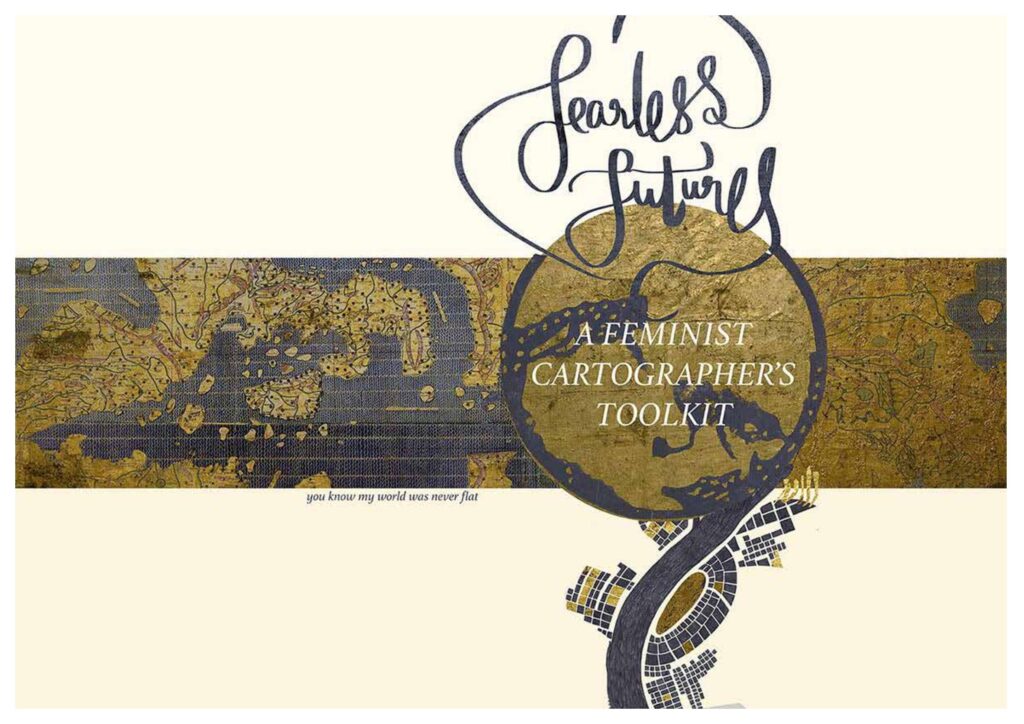
[gview file=”http://afakneswiah.org/wp-content/uploads/2020/10/feminist_futures.pdf”]
Gender Mainstreaming in Urban Planning and Urban Development
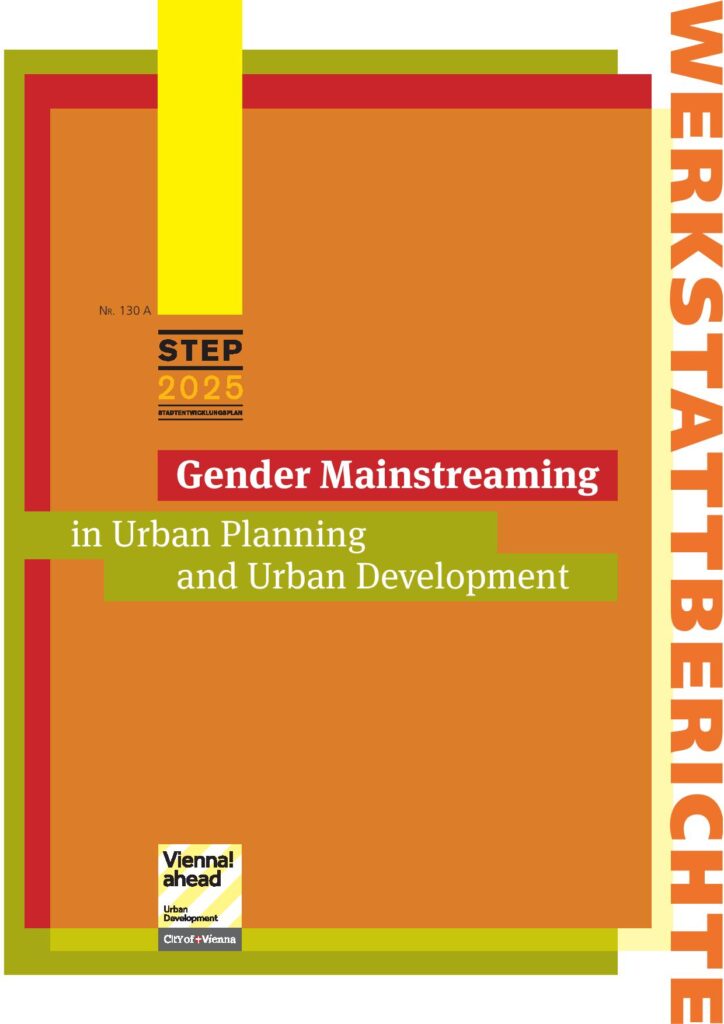
[gview file=”http://afakneswiah.org/wp-content/uploads/2020/10/b008358.pdf”]
How to convey child-friendly information to children in migration

Source: Council of Europe This handbook is a practical guide for frontline professionals on how to accompany a child at each stage of his or her journey: from arrival at our borders to finding durable solutions towards integrating into the host country. The handbook offers food for thought and practical applications to encourage professionals to […]
GENDER DISCRIMINATION AND CHILDHOOD STATELESSNESS
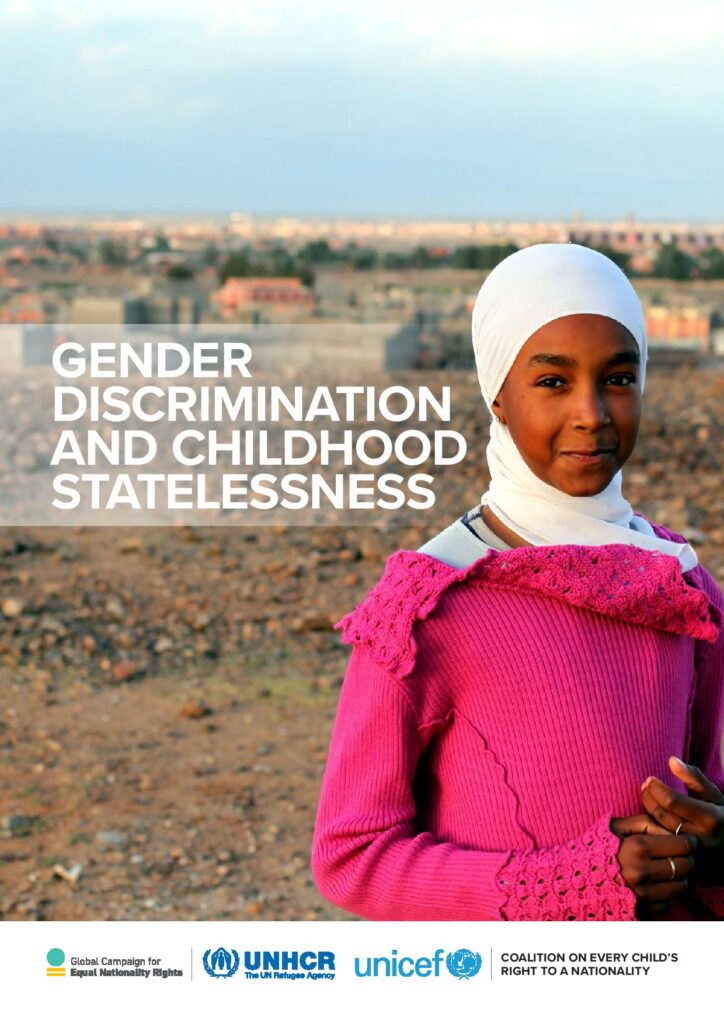
[gview file=”http://afakneswiah.org/wp-content/uploads/2020/10/Gender-discrimination-childhood-statelessness-web.pdf”]
INTEGRATING A GENDER PERSPECTIVE INTO HUMAN RIGHTS INVESTIGATIONS: Guidance and Practice
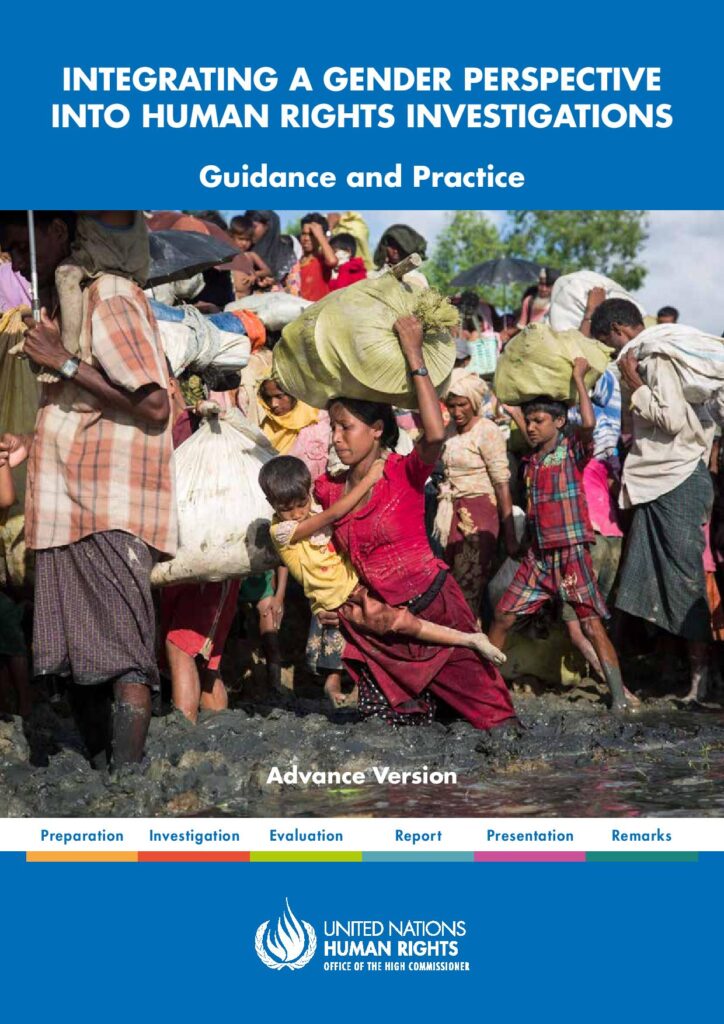
This publication provides practical guidance on the integration of a gender perspective throughout the work of investigative bodies or entities, from the planning phase, to the investigations to writing the report and presenting its findings. It specifically aims to strengthen the content of human rights reports in order to accurately depict the different experiences of […]
Gender in the transition to sustainable energy for all: From evidence to inclusive policies
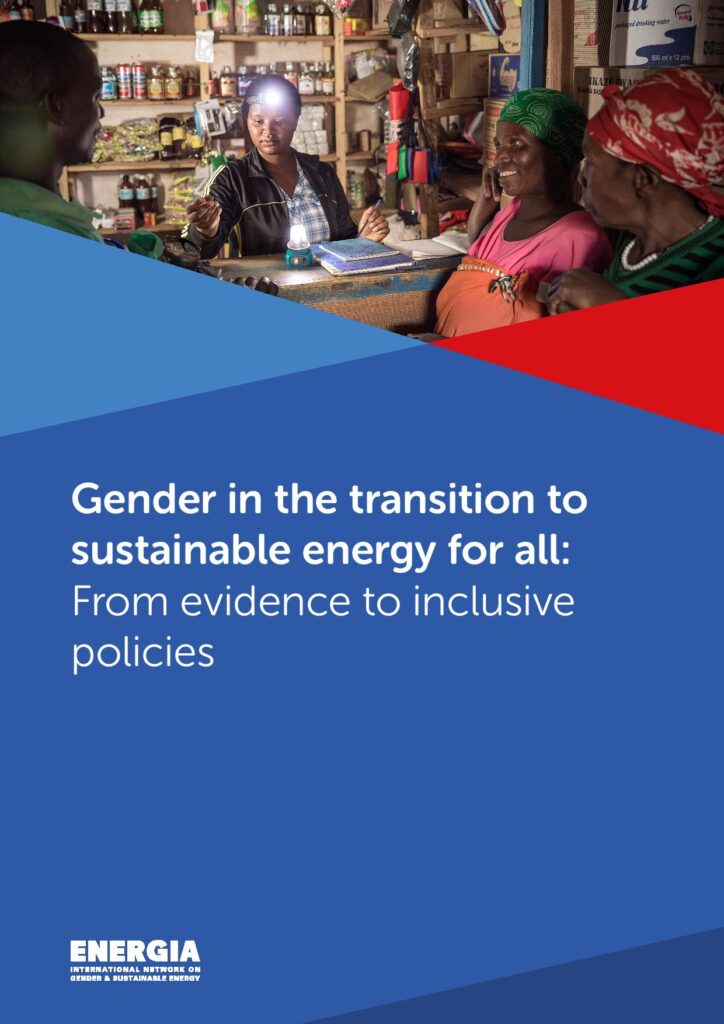
This five-year research programme on gender and energy (2014-2019), coordinated by ENERGIA, was supported by the UK’s Department for International Development (DFID) as part of its Sustainable Energy, Access and Gender (SEAG) programme. The objective of the programme was to generate and analyse empirical evidence of the links between gender, energy and poverty, and to […]
The Global Humanitarian Overview 2018
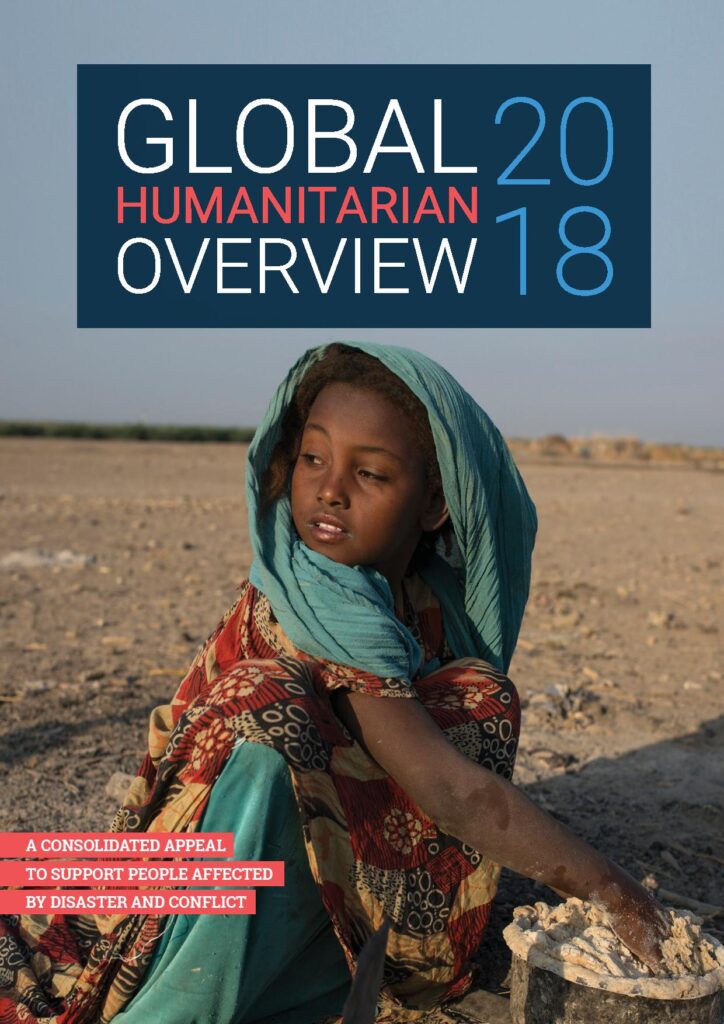
[gview file=”http://afakneswiah.org/wp-content/uploads/2020/10/GHO2018.pdf”]
